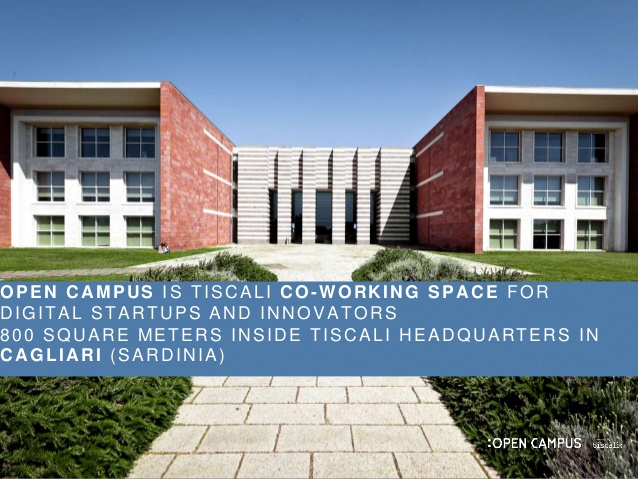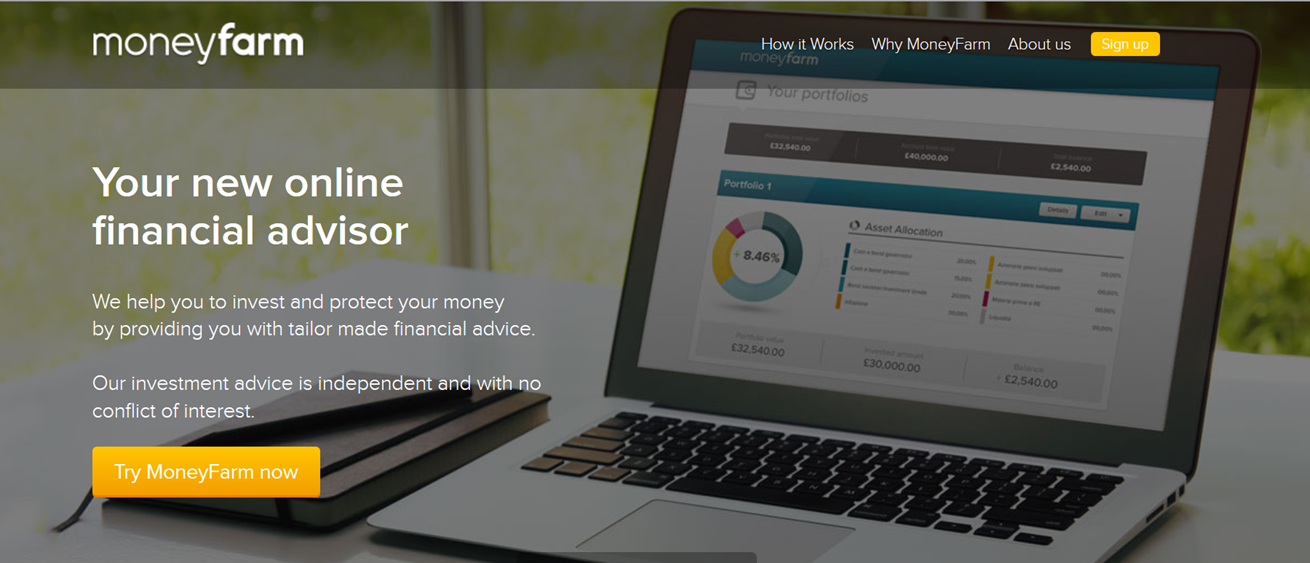Sardinia, in the middle of the Mediterranean sea, is bustling with ideas and passion when it comes to digital innovation. From social and sustainable innovations to the sharing economy, digital school or high-tech medicine, it is worth taking a deeper look at what is going on there and connecting with its players.
I’ve had the opportunity and pleasure to interview 5 of its players in a series dedicated to Digital Innovation in Sardinia.
In this interview, we meet Nicola Siza, founder of Hub/Spoke, a brand new co-working place for start-ups & freelances from Sardinia or abroad, with high ambitions.
The interview is available in video format below or on YouTube and the full text transcript is below.
Youmna Ovazza : Ciao Nicola, I’m very happy to be here with you today. So we’re going to talk about your new project, Hub/Spoke, and the start-up scene in Sardinia and in Cagliari in general. But maybe to start with, can you start with a presentation of yourself and of your business activity, to give a background to this conversation ?
Nicola Siza : Ok, hello ! I have a double life. I’m a kind of advisor for start-ups, 3-year working experience involved with the start-up scene especially in Sardinia, advising start-ups who want to migrate from idea to product. Meanwhile, I have other activities, like this co-working project for instance, which opened 2 weeks ago. The name of this co-working is Hub/Spoke.
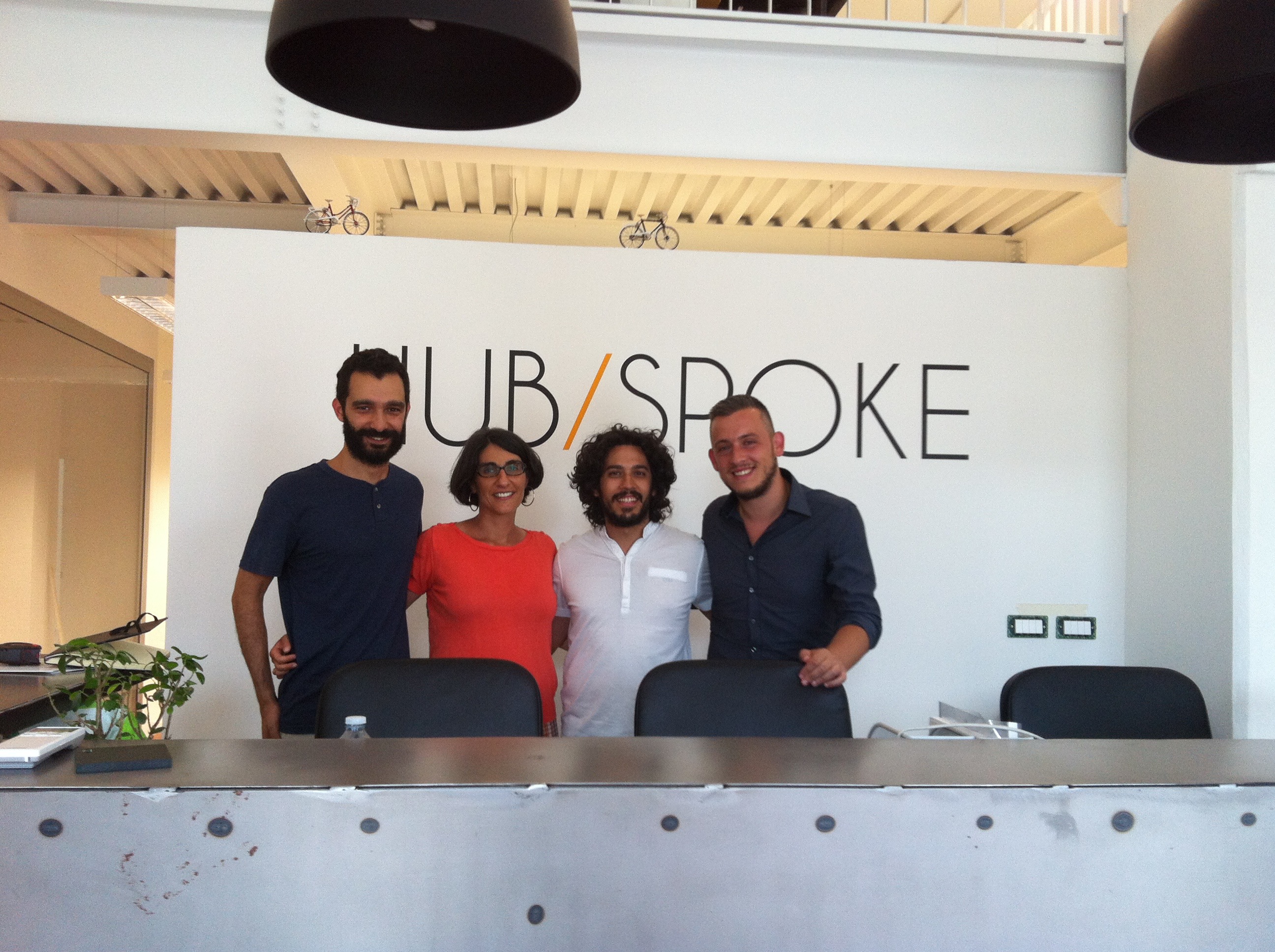
It’s probably an already known name, because it’s the name of a system of connections, that’s suitable with bicycles, because it’s a hub and spokes, but it’s an organisation model. It means that you can optimize your performance or your opportunities with a hub and spoke that can collaborate together.
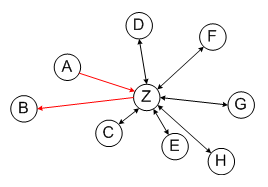
That’s the concept of Hub/Spoke : we are a hub, we are a home, we can work, have opportunities, but meanwhile we have a kind of community of people who work here or just surround this place and we can collaborate together and hopefully create value.
YO : Now this place is really new, and by the way we can hear it with the echo of my voice (good, it’s proof), because we’re really in a new meeting room, everything is not finished yet. So you said it opened 2 weeks ago. Can you give us more background into how this project was born, when did you have the idea, who’s behind it, how long did it take… ?
NS : It was like 3 years ago. Me and my co-founder, Filippo, we came up to this place, and it was « Waouh » ! It’s a huge place, it’s a place where we could do something for the system. A big place, that you don’t just have to rent to companies and for work, but where you can create something, specifically for the ecosystem ; it can be social, it can be economic, whatever… something for the ecosystem. So in 3 years, we spent a lot of days and months looking for the concept, looking for the needs of the potential co-workers
I’m really interested in special needs of people, I studied the needs of the customers so, first of all I studied the needs of freelancers, of start-ups, and so on… and afterwards we decided to do this kind of investment. Which means giving another life to this place, which was a Chinese shop beforehand.

Now it’s completely different, it’s a co-working place where people can collaborate together, and « contaminate » together.
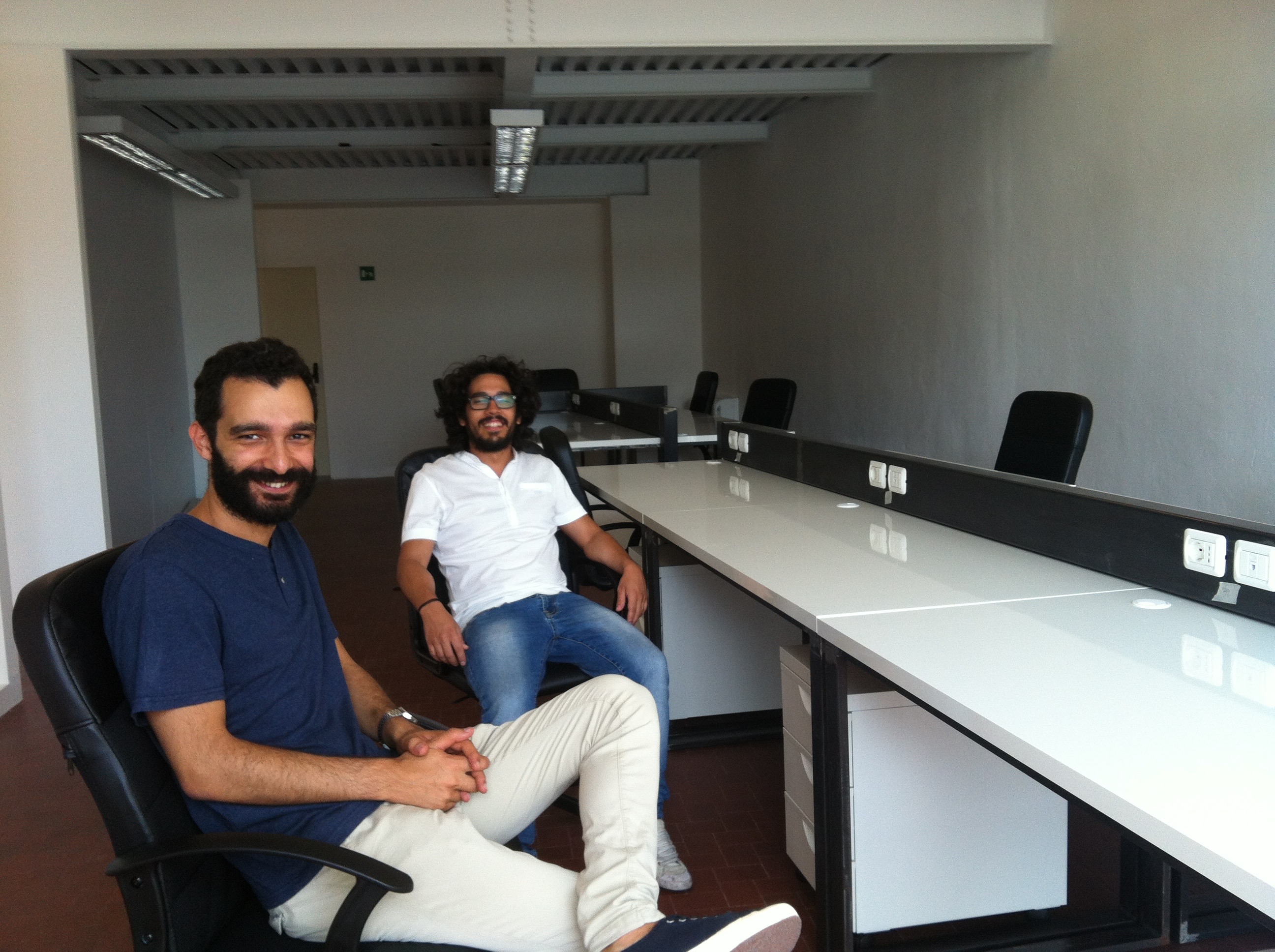
YO : Can you describe a little bit, for the people who will be listening to us, the place, what it looks like, what it’s made of (how many square meters, how many working positions, what’s the intent behind it…)
NS : It’s 600 m², and we don’t want to fit too many desks, not as much desks as possible, because this is not a sharing-desk place.
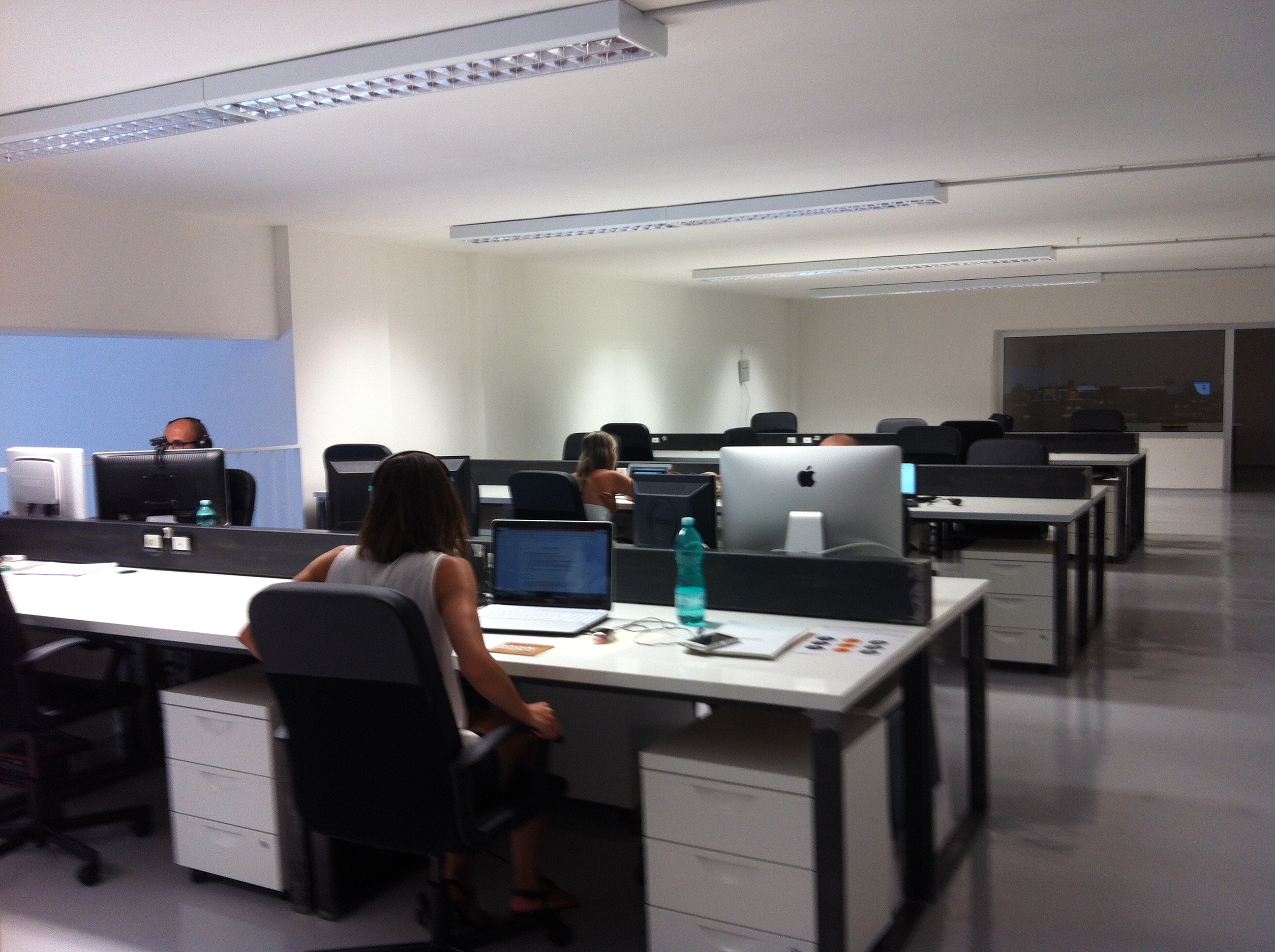 It’s a place where you can access opportunities ; so the biggest part of the place is for meetings, for networking, for workshops, for conferences. Just ~40% of the place is for working.
It’s a place where you can access opportunities ; so the biggest part of the place is for meetings, for networking, for workshops, for conferences. Just ~40% of the place is for working.
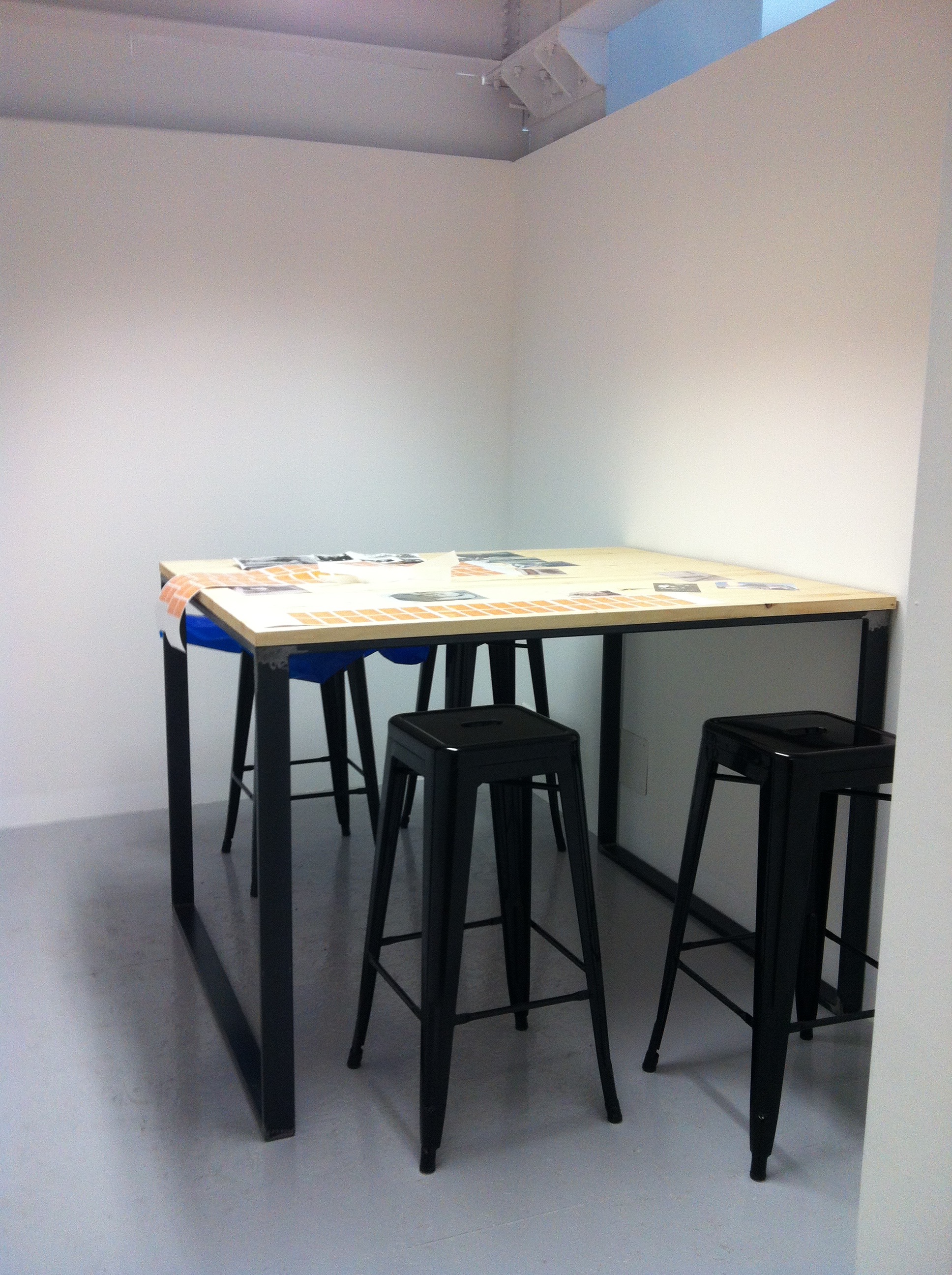
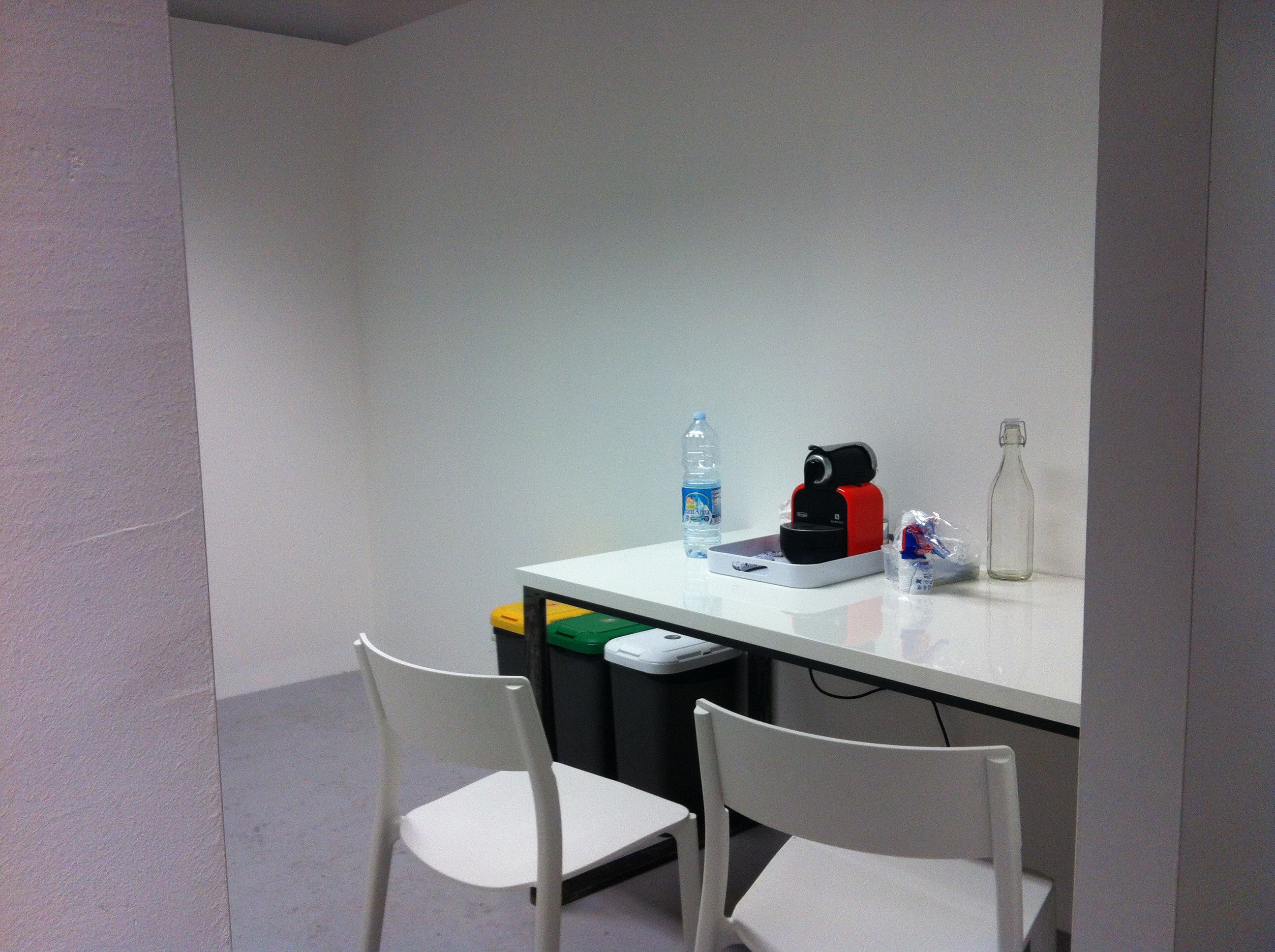
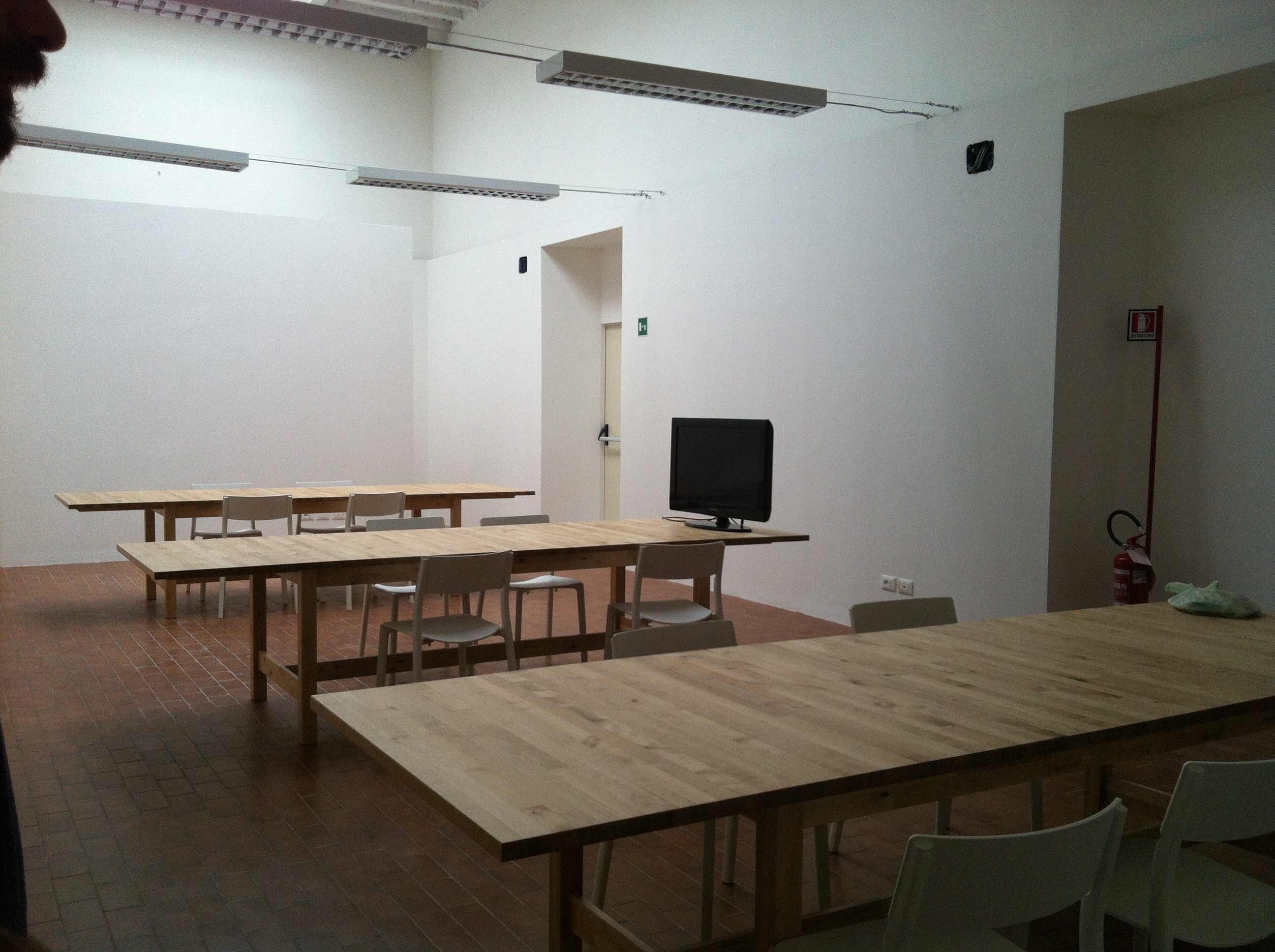 YO : For real work ? 🙂 I’m joking !
YO : For real work ? 🙂 I’m joking !
NS : We personally believe that the main work is not done in front of the computer, but by building a network of relationships. So this place is for relations and synergies.
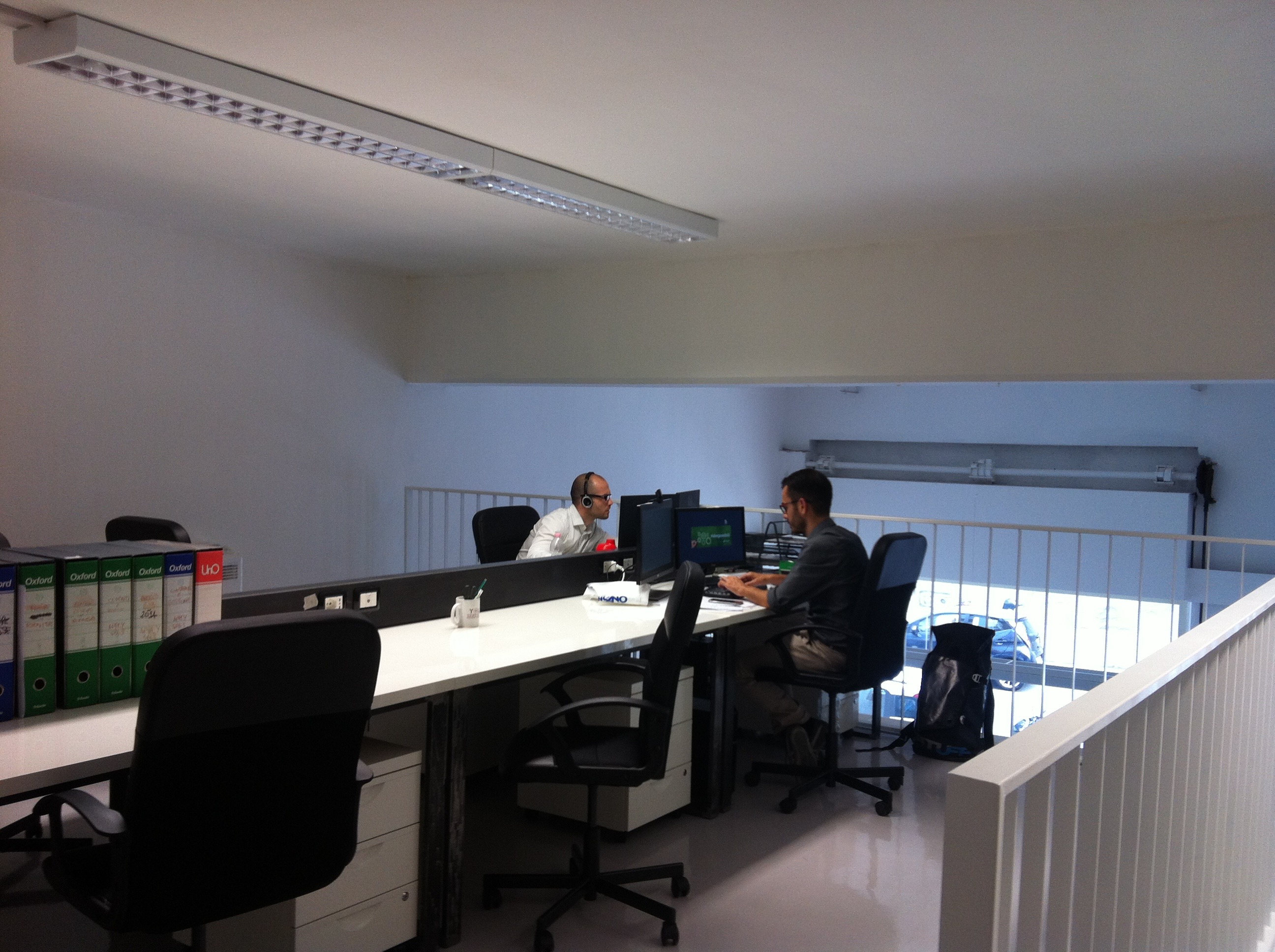 YO : I noticed that a few people are already working here although you opened 2 weeks ago, so who are they ? I mean in terms of profession, are they individuals, freelancers, start-ups ?
YO : I noticed that a few people are already working here although you opened 2 weeks ago, so who are they ? I mean in terms of profession, are they individuals, freelancers, start-ups ?
NS : I remember one of my first meetings with a co-working « host » who said to me : « No matter what the place is, no matter whatever you can do in terms of integration, the co-working place should never be empty. You need a community who can start running it. So actually we have a dozen people, half of them come from our other company, Apply Consulting (advisors for start-ups, marketing and business issues). So half are advisors, freelancers, and the other half are people who want to build start-ups.
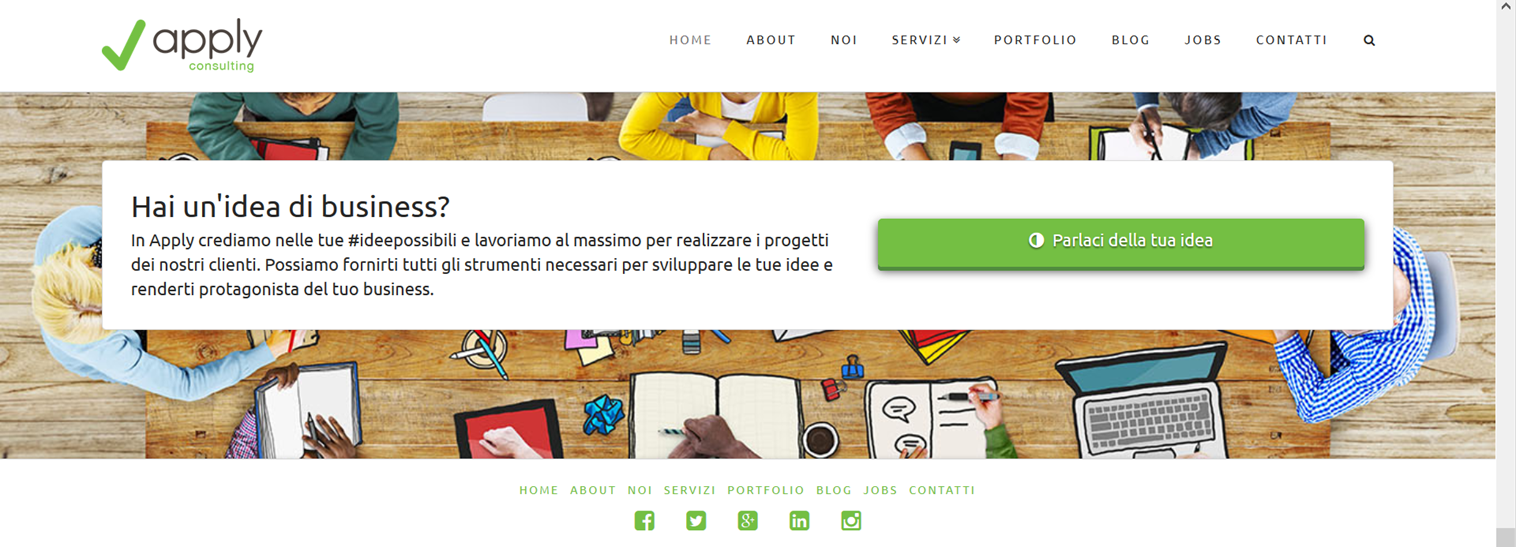 YO : What’s your plan to communicate about this place and to integrate other start-ups and motivate them to come and join here ?
YO : What’s your plan to communicate about this place and to integrate other start-ups and motivate them to come and join here ?
NS : We’re actually in a test period. This kind of place which is very big, needs a lot of testing. We cannot sell anything that is not perfect but almost perfect. The technology, everything should work well. So we think that in September we can go with commercial communication, but we should make some kind of filter, quality filter.
YO : Ideally, who are you targeting ?
NS : Basically, freelances and start-ups. But we should find complementary skills. If we have for instance 6 or 10 developers, or other people with similar focus, we should look for others. Because if we have only web developers or only web designers concentrated here, there’s no value, there’s no value of skills, just people who are probably competitors, at least here in Cagliari, just ordinary stuff. The point is to look for people who are keen to collaborate and are basically complementary. Probably people coming back from an experience abroad, who want to come back and input this house with their economic knowledge.
YO : What’s the business model you’re thinking of ?
NS : As a co-working the logical business model should be the rental of the place. But, this is not, as I told you, a place where you share desks, this is a place where you share opportunities. So we aim to build up something different. We want to promote our conference meeting room, because we think that will create value. We want to give some kind of advices and probably later some kind of acceleration program for people who want to accelerate their ideas or build-up an idea here in this place. We’ll open this later, not now, but we want it to have a different kind of business model.
YO : How did you finance this project, because it’s quite huge, and maybe you won’t have some ROI soon ?
NS : I have a financial background, I studied finance. One of my first jobs was financial forecasting, so that’s what I’m fighting for :). This place has an investor, who believed in our project.
YO : An individual or a company ?
NS : An individual, he owned this building. This building has a history, before being a Chinese shop. It was a center for dispatching milk in the whole country. We want to do something similar, spread « virtual milk » and share work.
YO : So what you’re saying is that you don’t have pressure on immediate ROI ?
NS : The owner of this building who’s our investor, believed in our project and he didn’t believe in a project where he can make money by rent. So, making money by rent is the first source of income here. But it’s not the reason why this person invested. Because otherwise he can rent it to a big company for X thousand euros/month. But it’s not the real aim, the real aim is to create something that will be remembered, something that can have a real good impact on the ecosystem.
YO : Is this project quite unique in Cagliari, in Sardinia, by the size of it, by the ambition ? Or do you have similar projects ?
NS : By size, there is one project who is really developed, it’s called Open Campus Tiscali. It’s the co-working / incubator / accelerator of Tiscali, and in my personal opinion it’s a really good co-working project, there are a lot of people, a lot of good co-workers, a good community, the head of the Open Campus has done a great job.
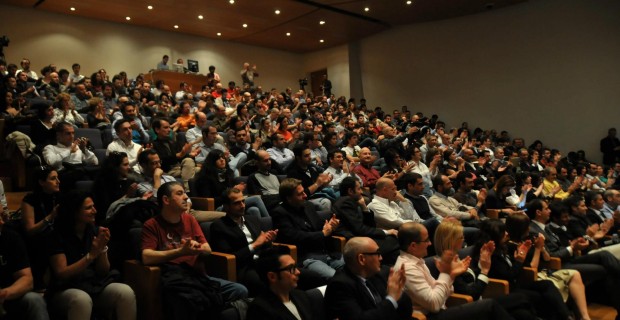
Meanwhile, the Sardinian scene about this size is not that much developed. Probably because this size is too big, there aren’t so many spaces for such projects. I mean, each year in Sardinia, there are 2000 / 2500 new freelances on the market. It’s a good market, we want to give them access to our offer. Usually freelances here in Cagliari work in their house, at home, we want to promote their next move to here. There are probably 3 or 4 other co-working places but they are very small, with 10 / 15 desks, basically it’s kind of desk-sharing, fullstop.
YO : Can you give us a few words or your opinion on the start-up scene in Cagliari or in Sardinia, in general ? Is it emerging, do you have any idea about the figures, are there any facts & figures about the start-up scene, just to see at what stage is it, what’s going on ?
NS : I like to use a metaphor with the Italian World Cup of 1982.
YO : I’m not a football specialist, I don’t know who won this year, do I need to know who won this year ?
NS : In 1982, Italy won the World Cup.
YO : I thought so !
NS : We win every 24 years if you want :). But this period, from 1982 to 2006, the people who won the World Cup were the people who made the history of Italy. After 2006, the people disappeared, more or less. So what happened with the World Cup at the level of Italy is the same in Sardinia. Probably in the 90’s Sardinia was a good place where to invest : CRS4, TIM IT (Telecom Italia), Tiscali, there’s so much huge innovation done here. But between the 90s and today, there are 24 years past, more or less. There is a new generation of people, experienced, now waiting ; they know what to do, but it needs time. Start-ups need 2 / 3 years to see some kind of readiness, to decide what type of business model works. The process is started, engaged.
YO : Can you give us a few examples, maybe 2 / 3 names of Sardinian start-ups that you think have really interesting potential on a national or international level ?
NS : I had the opportunity to collaborate, 2 years ago, with Abinsula, a really interesting start-up. It’s in 3 different places, offices (Cagliari, Sassari & Turin), they’re a kind of embedded-system company, they work for automotive infotainment,
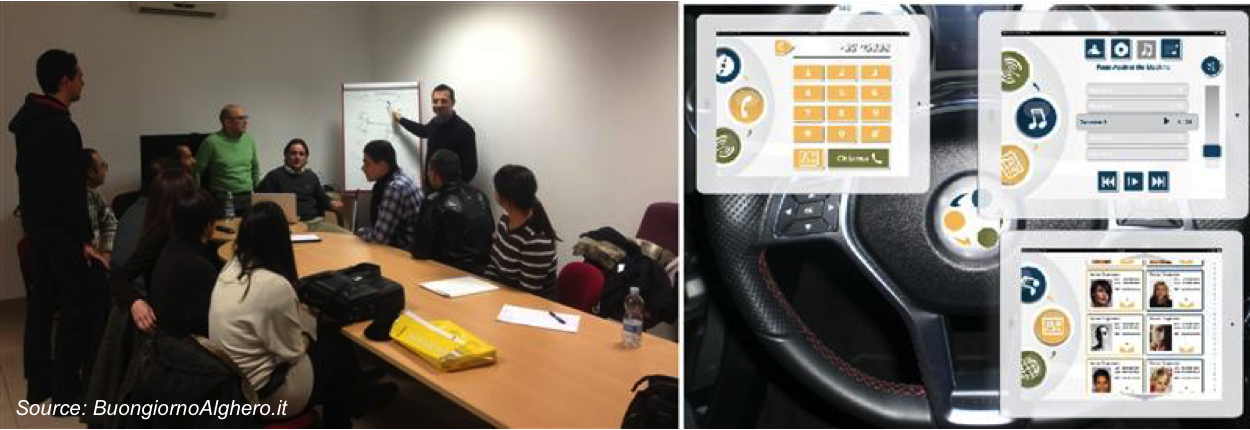
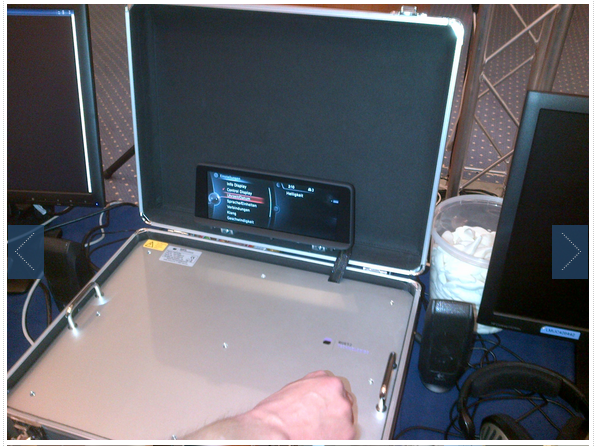
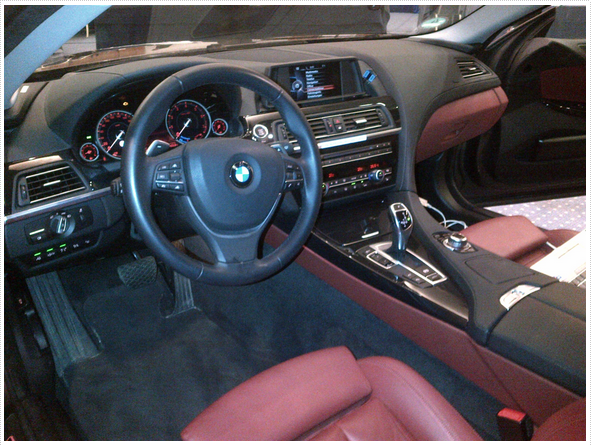
and they are one of the 1-billion company of Sardinia, perfect people, really honest, really working for the ecosystem, they’re present in each conference done for the ecosystem. They are for us, one of the examples of successful groups, of an ecosystem who’s great.
Others, like Dove conviene, are very interesting, I think they’re a 4-million € company, it’s very interesting because it’s Cagliari-based and it has developed in all Italy.
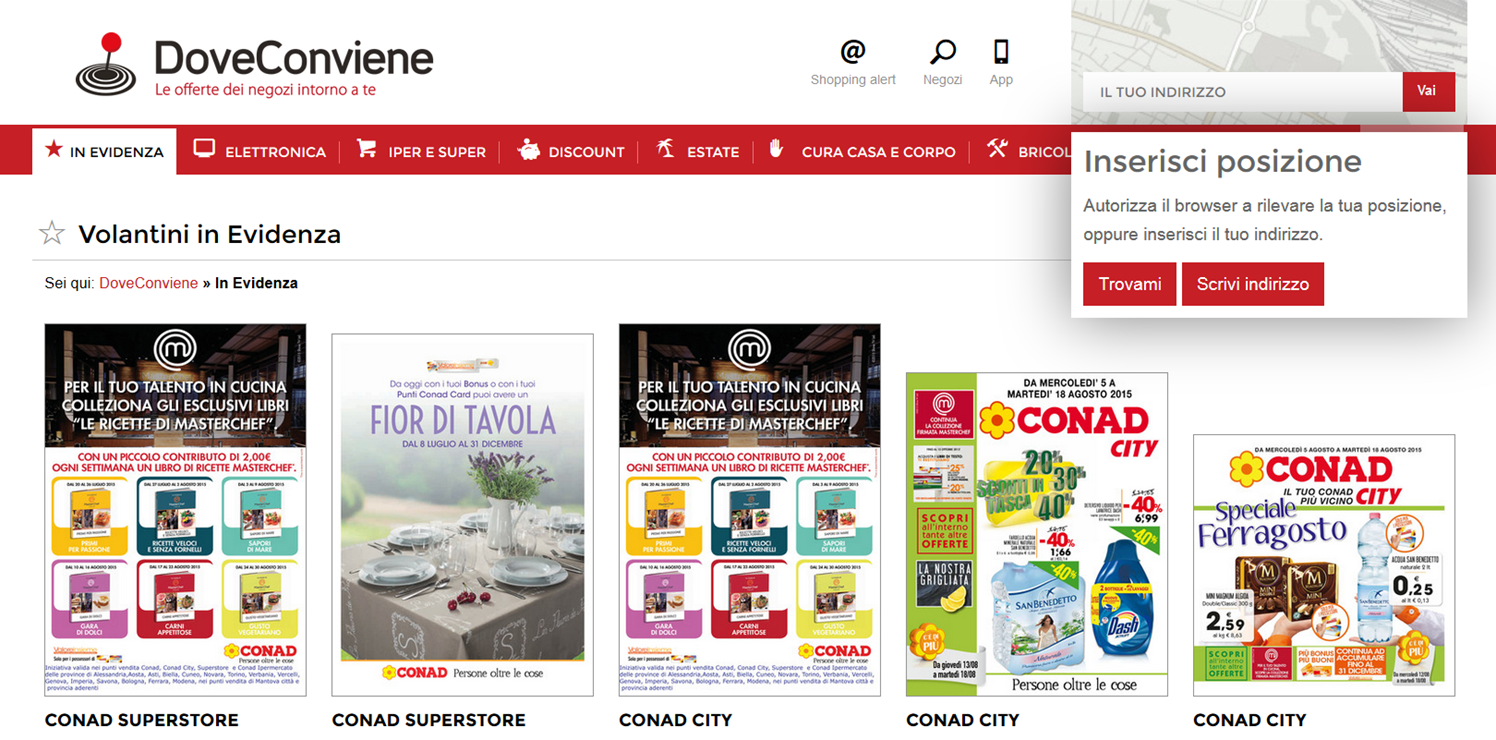 Money Farm, started here, is very interesting because it’s a financial place where you can invest, they have a start-up attitude, it’s not like a bank.
Money Farm, started here, is very interesting because it’s a financial place where you can invest, they have a start-up attitude, it’s not like a bank.
YO : What do you think are the main challenges for start-ups to grow in Sardinia ? Or from Sardinia, being based here ?
NS : Sardinia for me is the perfect place for start-ups who migrate from idea to product, because each idea should be tested. So if you can test in a place where you can control your early adopters, it’s quite good. So if you have a start-up and you want to validate your idea to a product, a place where you can meet constantly your early adopters would be really useful for the first step. When you get to the second step, it’s really hard, because you don’t have contacts with the stakeholders who really help you to grow, to series-A valuation or something like this. So you should grow up move, or not move but open other places, like in Milan or other places. So Sardinia is really good for me for the first part of the « start-up » lifecycle.
YO : But this is a challenge that is difficult to overcome, because you obviously can’t change the fact that it’s an island, or do you think digital technologies can help overcoming this ?
NS : I don’t think digital technologies can help, I think places like this one can help. Because what’s really missing here in Sardinia, as I told you, are the stakeholders who can help growth.
YO : So you want to attract them to come here ?
NS : Yes. But not me only, we are still young, we are still small, we are still whatever… But I think the solution to this problem is not just to move, but to try to attract this kind of people who have the experience, advisors, evangelists, business angels, seed / venture capital, who can share their experience here to give a big hand to the ecosystem.
YO : For your Hubandspoke project, are you planning to establish some partnerships, with other countries, for example, and which ones, ideally ?
NS : This is one of our aims, because all of us, mostly, we come from an association called AEGEE, it’s a really big network, made of 150 000 people all over Europe, it’s a university association who promotes mobility in Europe.
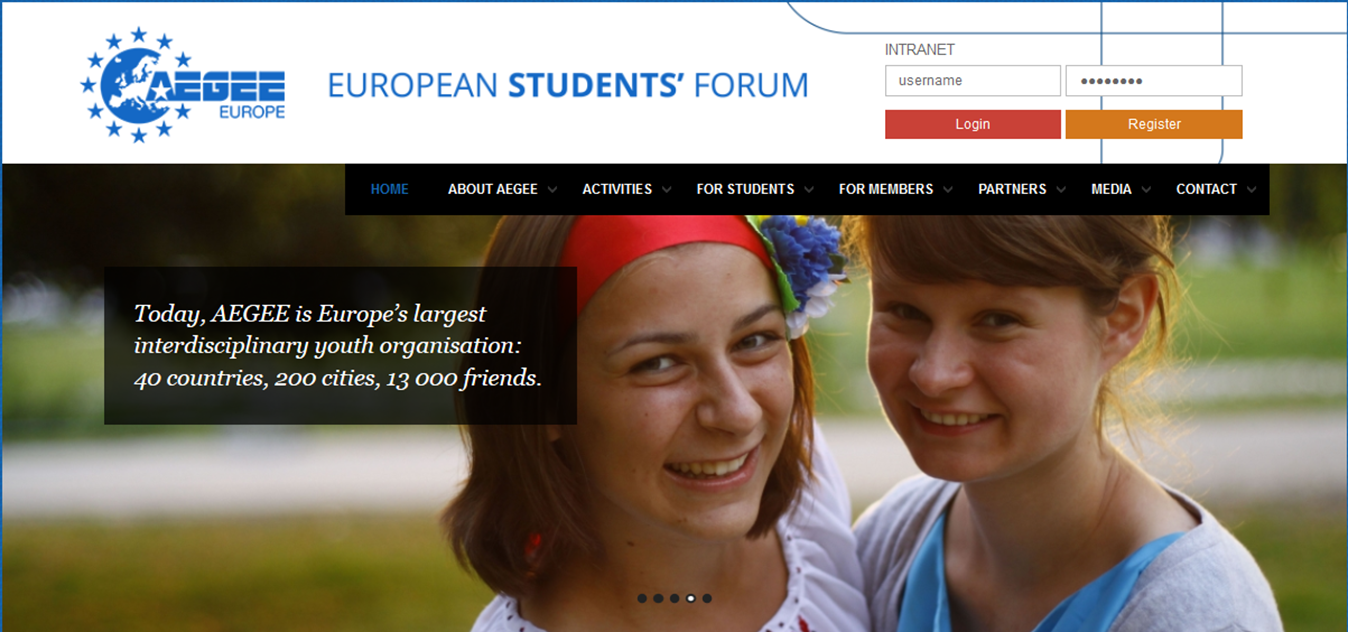 We learned a lot during these 5 / 6 years in the association and we know the importance of networking and mobility. We want to build partnerships that promote the mobility of working, the wellness of working. All people like hubs, or working spaces, or entities who want to promote the work mobility are kind of perfect potential for us.
We learned a lot during these 5 / 6 years in the association and we know the importance of networking and mobility. We want to build partnerships that promote the mobility of working, the wellness of working. All people like hubs, or working spaces, or entities who want to promote the work mobility are kind of perfect potential for us.
YO : Any particular city or country you’re aiming at ?
NS : I want to do some kind of working exchange, so my dream would be that 7 people from this co-working go for 7 days in Berlin and we exchange with them, so we host 7 people from Berlin who want to get to know the local scene… or whatever other city where the scene is developed and we can learn from them.
YO : What are your personal sources of inspiration, behind this project or that inspired this project ?
NS : My personal inspiration started 3 years ago, and it started with an article that said that work was changing, that co-working was one of the tools of change, and that in 2020, ~40% of working people would be freelancers. That’s the reason why, the world is changing, the working world is changing, so we feel it’s as Uber’s 80 to 1 ratio of people working for the project vs people working as a dependent person, we personally believe that it’s the personal way of working that’s changing.
YO : One last question : what frustrates you the most today, in the way you’re building your projects, etc. ?
NS : I’m personally convinced that we should do something that is necessary for the market. So, we want to attract a market that is not served. If we don’t have the kind of answer that we want to receive, it’s probably because we’re not doing things in a good way. So the point for us is to look for innovation, give people access to something they didn’t have before. If there’s something that frustrates me, it’s probably because we’re not doing enough things in a good way.
YO : You’re an optimist ! Nicola, thank you very much !

